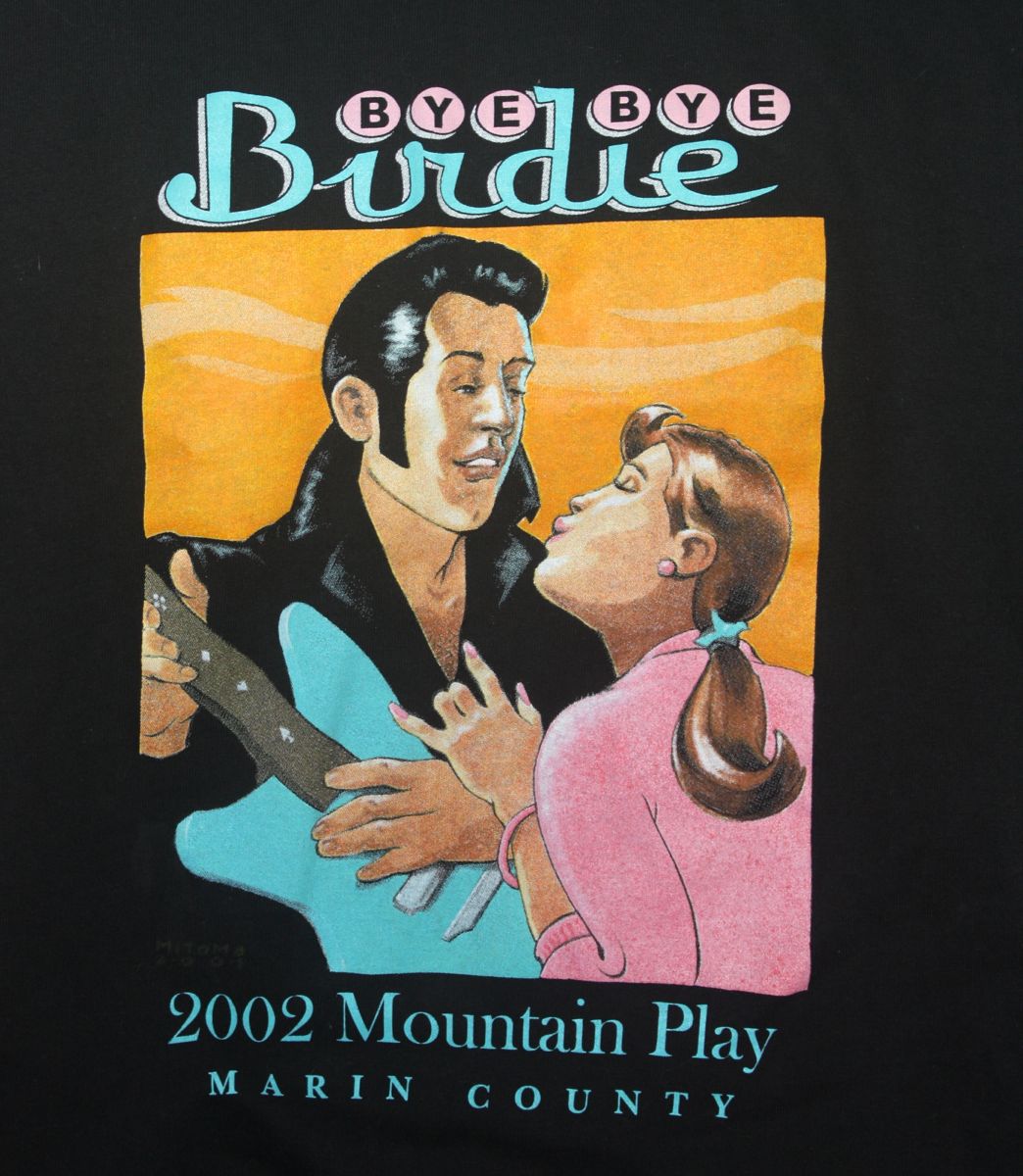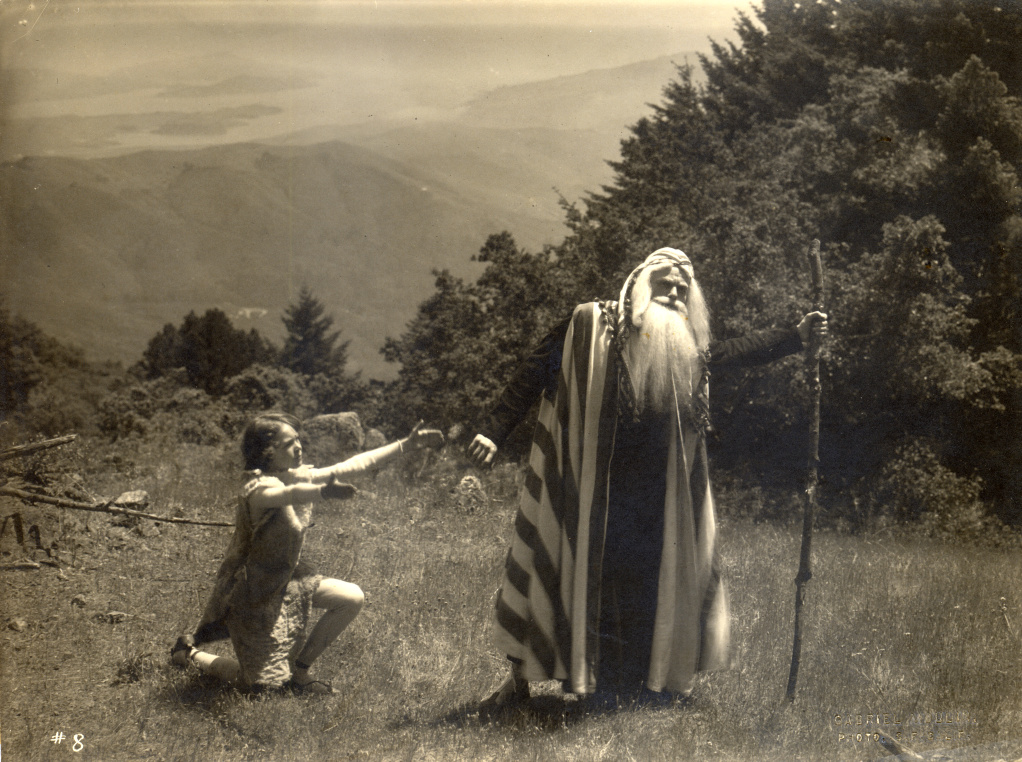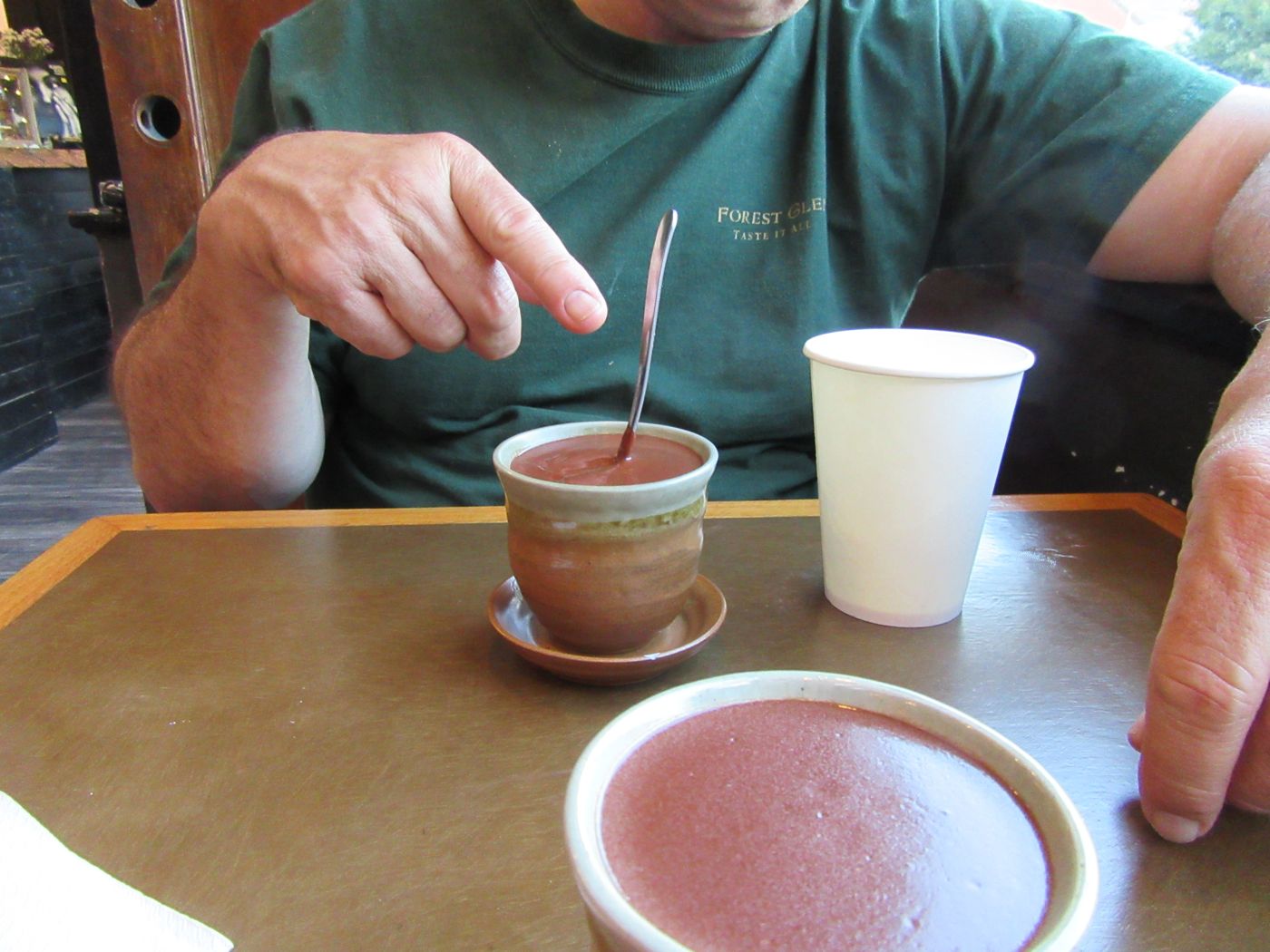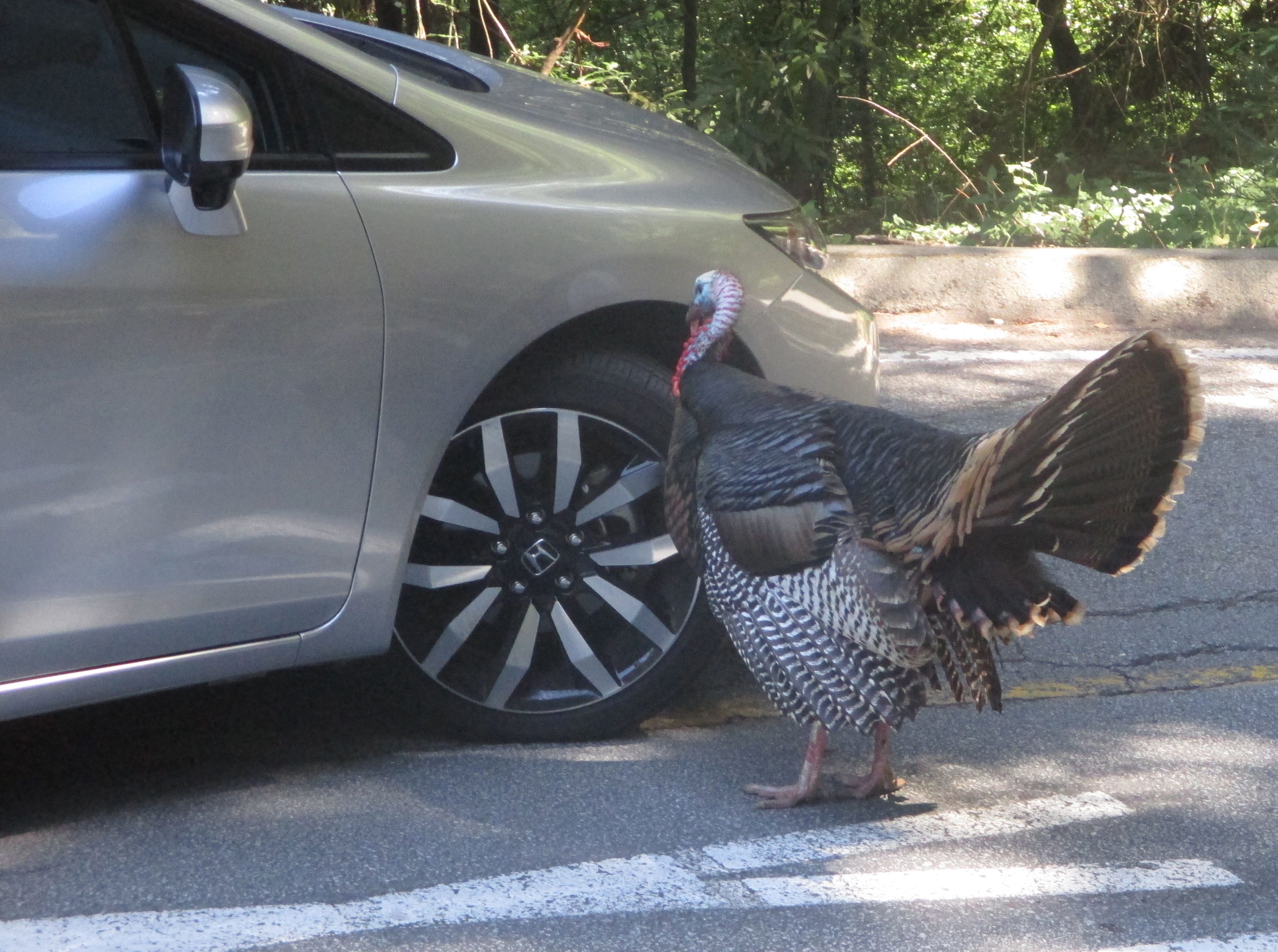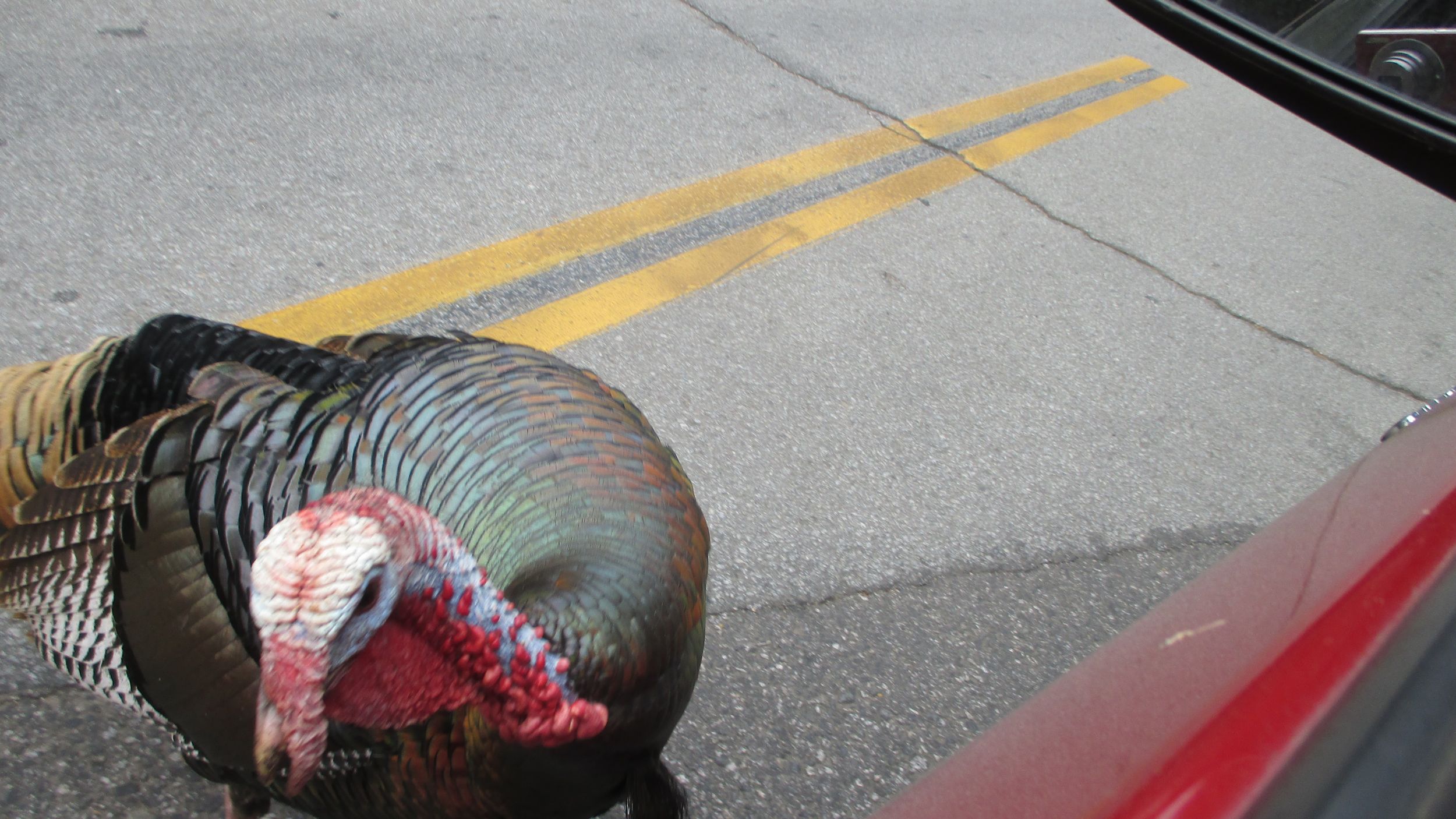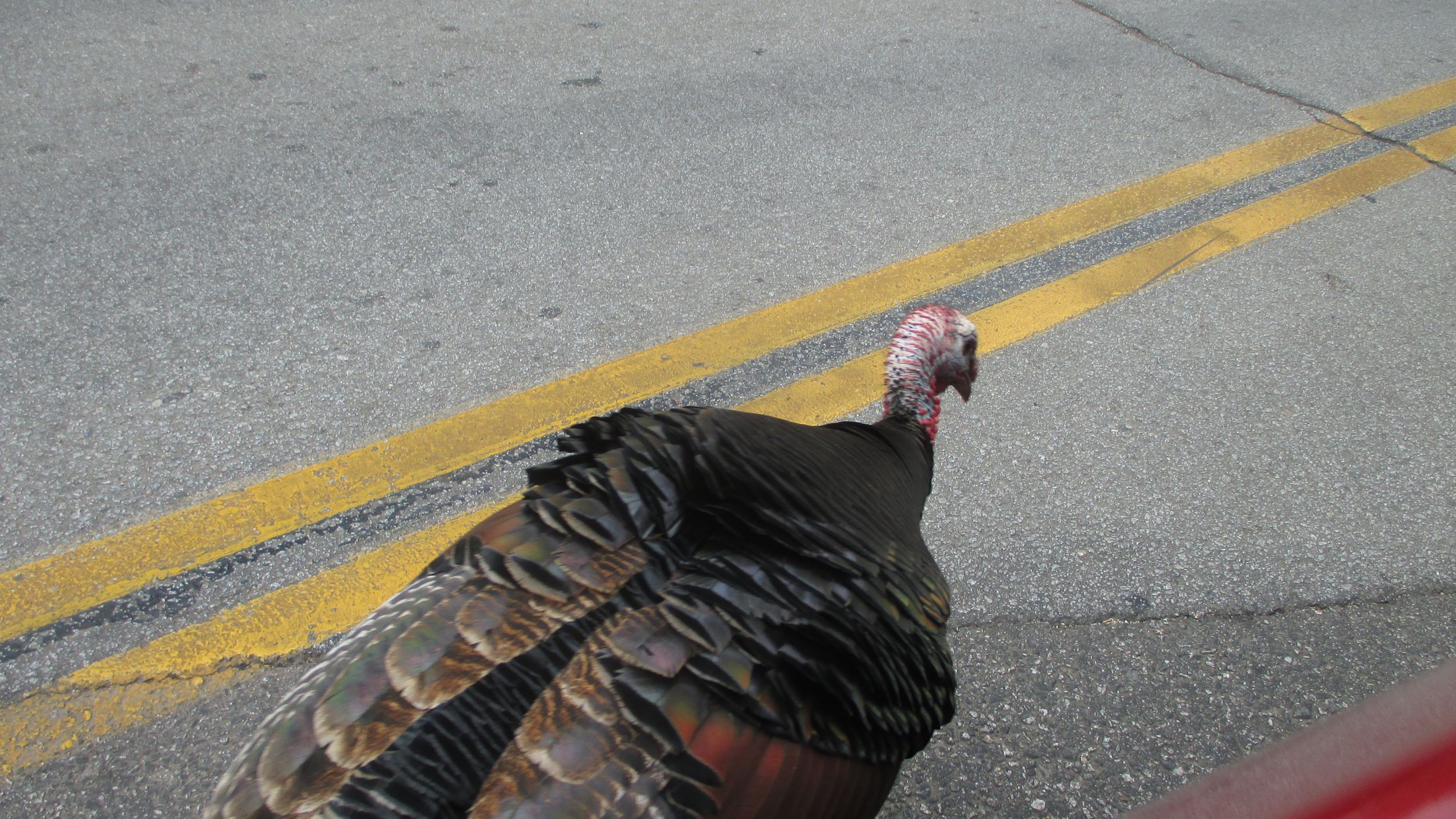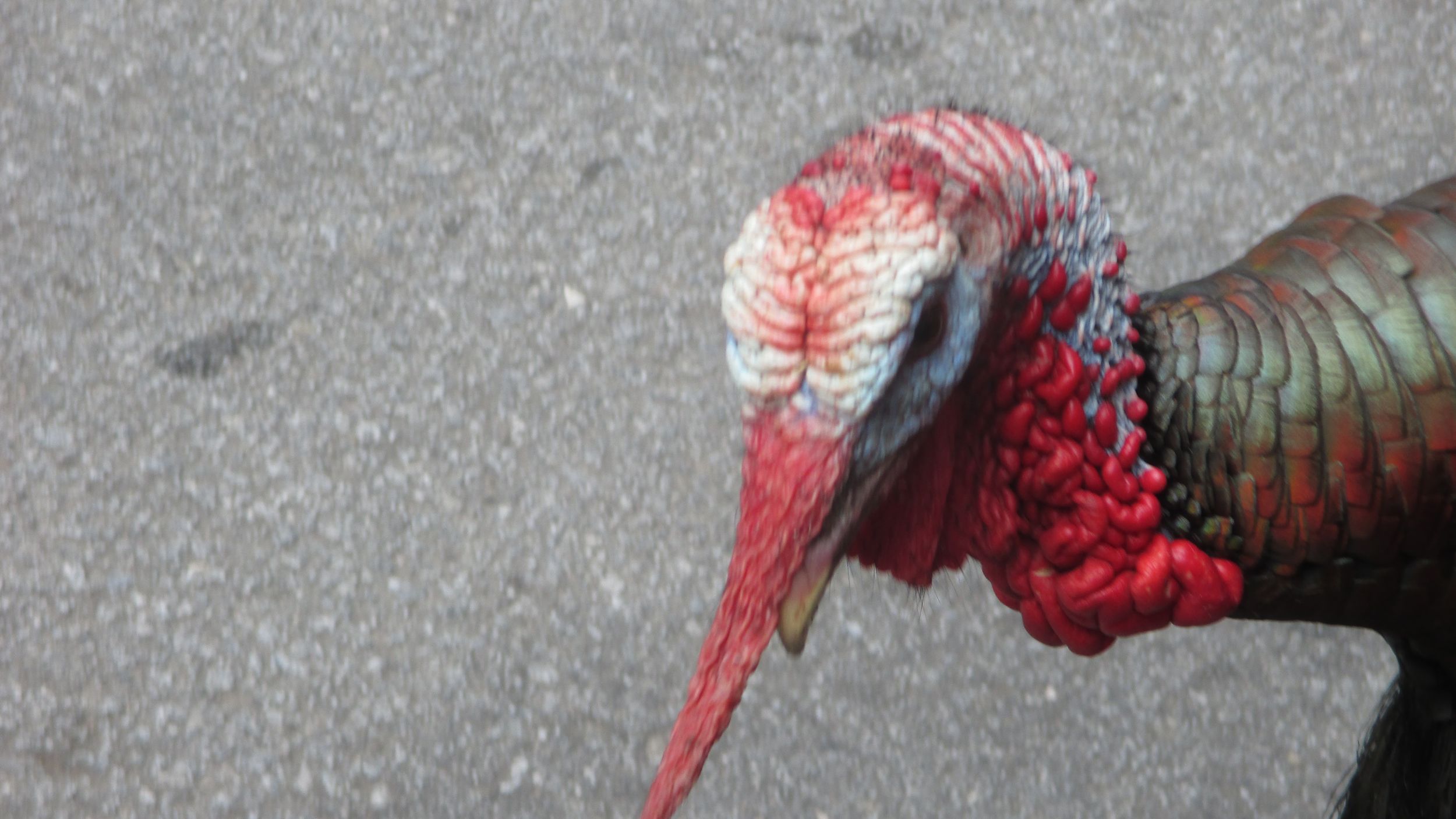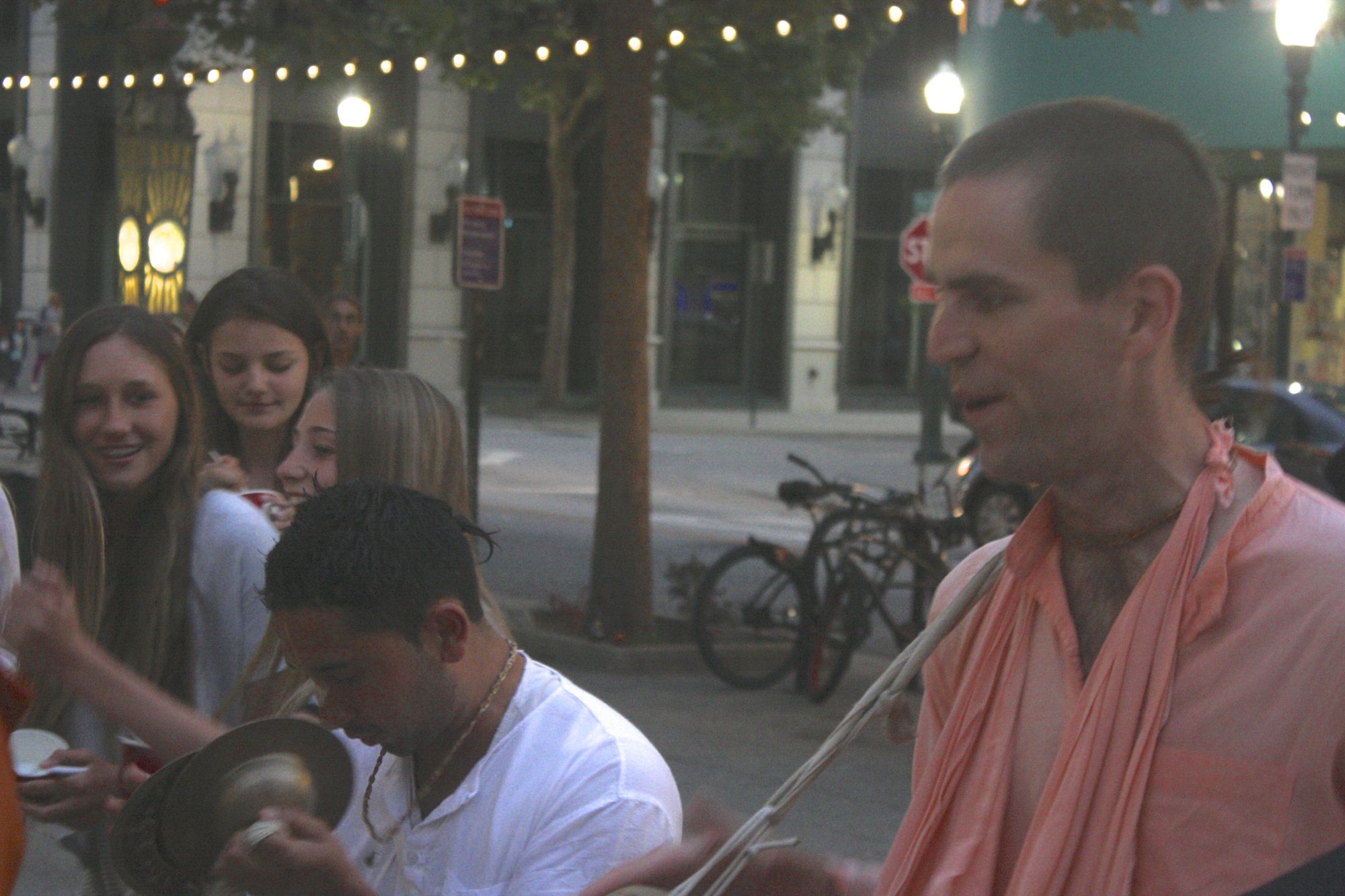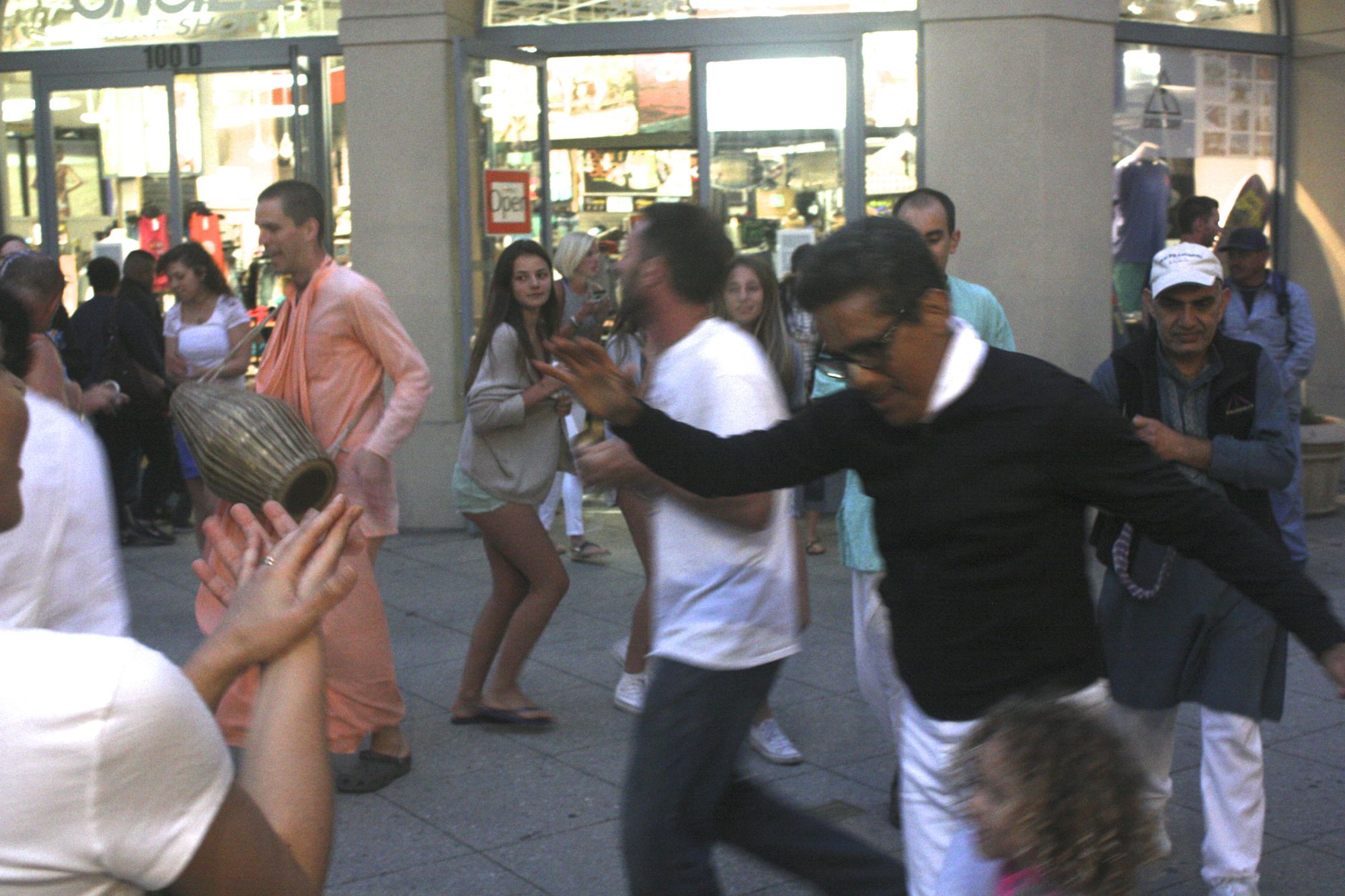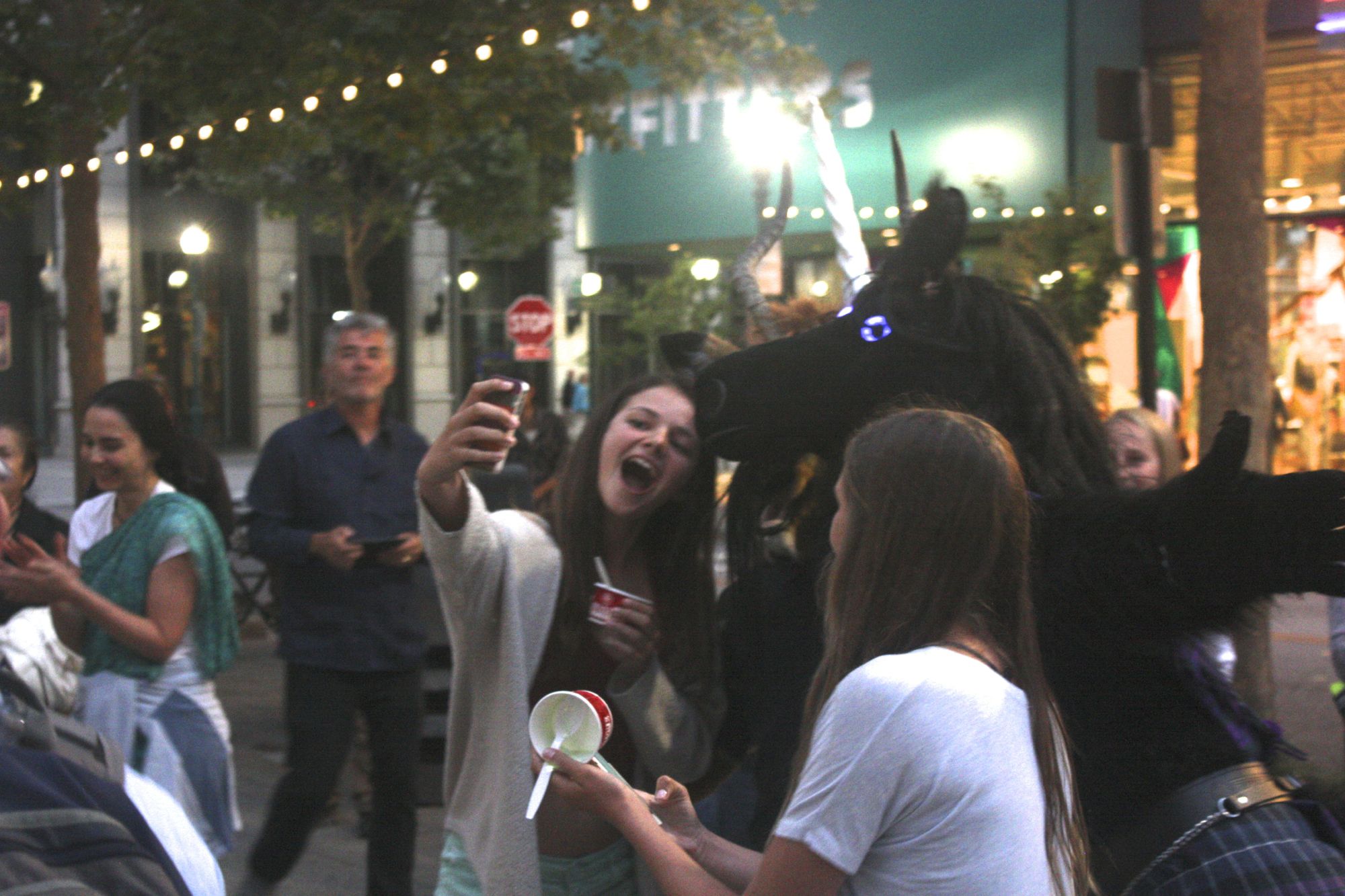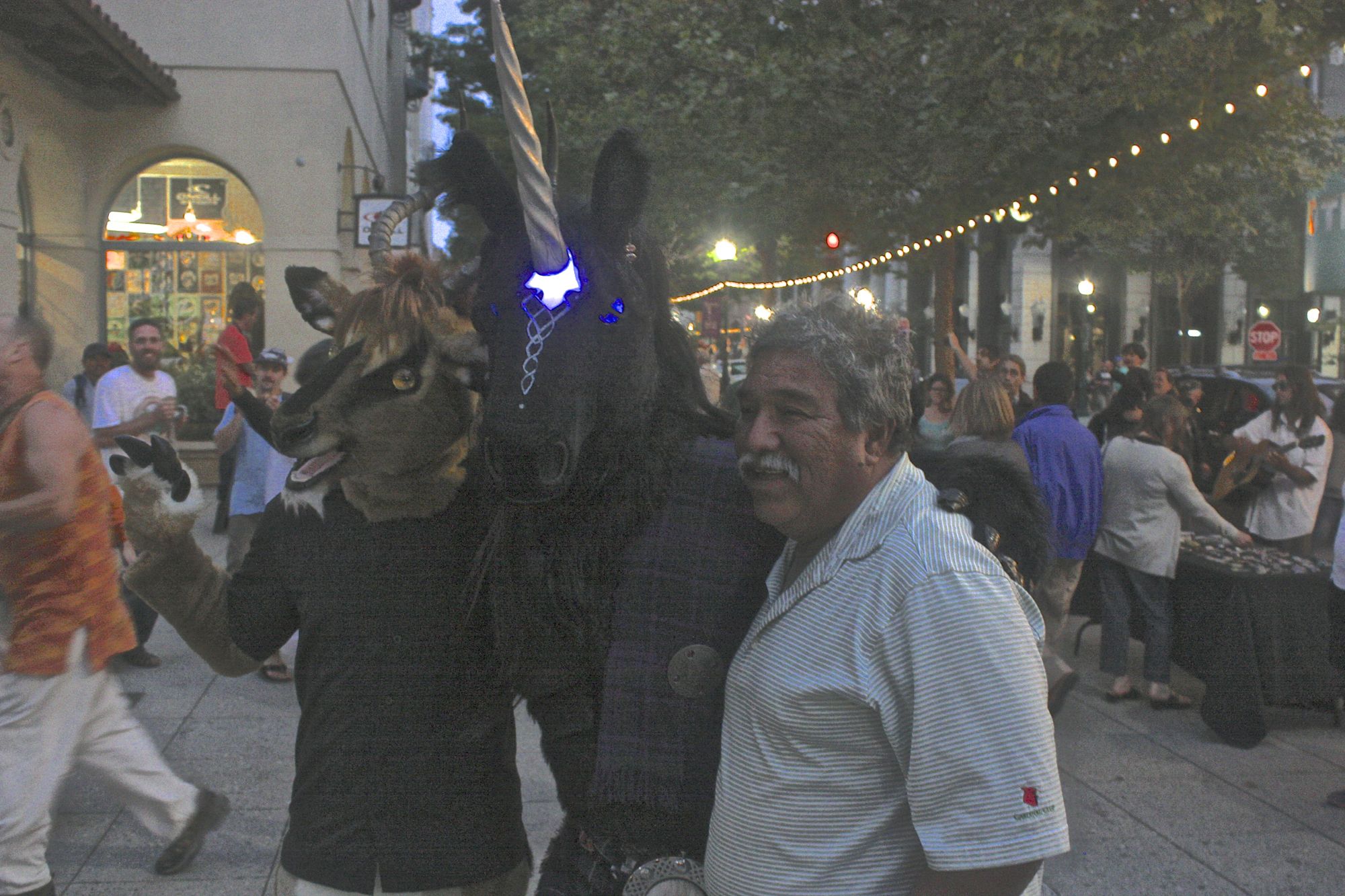As I write this, a cat is dying in a cardboard box across the room.. He’s taking his sweet time about it, too, and that bums me out. To be fair, he’s not happy about it, either.
Life is ephemeral; that’s the way it is, and maybe the way it ought to be. But when they acquire a cute kitten and make it part of their family, experienced cat owners understand that, someday, they’re going to watch it die. And they push that thought to the back burner for as long as they can.
The cat in question is a gray-and-white short-hair, twelve years of age. He’s gentle; you could hold him belly-up in your arms, and he’d just purr.
Some weeks back he began to look a bit under the weather; but no worse than if he’d had a cat cold, so we let it pass. But he did not get better; in fact, worse. He lost appetite, and became less active. He walked stiffly, and spent more and more of his time in a cardboard box that was lying around.
He could still jump into my lap with the greatest of ease, and this sort of thing let us believe that nothing was seriously wrong. But eventually, we knew that it was.
So we took him to the very expensive best-in-town vet, who poked and prodded him and laid down two possibilities: kidney failure, or inflamed bowels. He learned toward inflamed bowels, but highly recommended a full blood panel and urinalysis.
“Before we go further, let’s do a financial review.” He punched up all the procedures on a screen, with a breakdown of the individual prices and a grand total. I looked at it. Five hundred dollars.
The very expensive best-in-town vet has a wonderful poker face. It betrays nothing: no hint of judgment or encouragement. He knows the score; not everyone has five hundred dollars to spare on a cat. Quite a number don’t; in fact, more even year.
There is no pet insurance, at least none to speak of: no deductible, no negotiated price, no network to be in or out of. The price is the price. So the best-in-town vet doesn’t muck around. You get the price up front; and then you decide. It’s entirely up to you; no medical establishment rushes ahead and makes decisions for you; no laws enable them to. It’s your pet.
We could afford the tests; we ordered them. I was worried about his kidneys; we once spent three years taking care of a cat with kidney failure. Every three days we had to stick a needle in his ruff and drain 200 ml of Lactated Ringer’s Solution into him from an IV bag. It wasn’t fun for any of us. But inflamed bowels? That sounded more doable.
A day passed; the cat grew steadily worse. The vet called me up. It was the kidneys. “I’m amazed that he’s alive. His levels are off the chart.” Most likely, he told me, a tumor on his prostate was unleashing all sorts of nasty chemicals on his kidneys. They’re shutting down. The cat was growing weaker and weaker.
The vet laid out the options: an operation that the cat probably wouldn’t survive; euthanasia; or… Lactated Ringer’s Solution. It wouldn’t save him; just make him more comfortable. At no time did the vet actually say “euthanasia,” or even the “D” word. He let me say it. His poker face is impregnable, even by phone.
I’d almost been ready to have him put to sleep; in the past we’d kept a cat alive too long by heroic means. In the past, I’d also, once, been very quick to put a cat to sleep, to spare him — and me — suffering. And I’ve questioned that decision. So I’d been thinking that this cat should die naturally, at home, without intervention.
After all, the vet said the cat was on the edge of death. It wouldn’t be long, right?
And now there’s a bag of Lactated Ringer’s Solution in the kitchen which we’ll give to him shortly. And antibiotics, which I’ve also just shoved down his throat: the urinalysis showed that he’s massively infected with, of all things, e coli. It’s also attacking his kidneys.
Pet medicine resembles human medicine in this way: you start out with certain intentions and directives for your loved one. Then things happen and you make decisions that seem logical. And suddenly you end up doing things you’d sworn you wouldn’t: like heroic intervention.
And the cat just keeps going, “edge of death” or not. He gets weaker every day. He can barely walk. He’s losing bladder control. He’s almost not eating He doesn’t seem to be in pain, but I’m sure he’s not happy. The vet, from behind his poker face, gives no firm prognosis. I get that some pet owners never want to hear the worst, and he wants to protect himself; but this is getting tiring.
The cat slept on me for an evening or two this week, purring. It was good. But now he has no energy or inclination to do anything but stare into the nothing, and I’m beginning to think that death would be more merciful, after all.
If human medicine was like pet medicine, life would be simpler. You’d know the price of everything, because you’d have to: you’re paying up front. You could even comparison-shop; plenty of vets around.
And if you don’t have the money, you don’t get treated. No bureaucrats, nobody making decisions on whether you live or die. The market handles it.
This works for pets, because most pets are optional. But humans are not. The promise of civilization is that we owe something to each other; all are valuable, all should be taken care of.
And you couldn’t get a single politicians in Washington to say otherwise. They’ll simply propose “solutions” to health care reform that they know won’t work. Because in their heart of hearts they believe that some people are less worthy than others. Less than human. Optional.
It’s time to give the cat his Ringer’s solution. I hope I don’t stick myself with the needle.
Three days later, and I’m in an exam room at the vet’s. There’s a band-aid on my left forefinger. And a very sick, frightened cat in my arms. He can’t eat. As of this morning, he no longer walks. I had to give him water by hand. He’d been crying for it when I came downstairs in the morning; kidney failure made him thirstier and thirstier. So much for an easy death in familiar surroundings.
So it’s time for euthanasia. Past time. I’m sorry, cat, for taking so long to pay you what I owe you: passage from this life, when the time came.
The vet — a different one, a woman — takes him from my arms. “I’m going to give him a sedative so that he doesn’t know what’s happening to him.” She vanishes into the back, to return a few minutes later. She hands him back to me, wrapped in a towel. He’s got an IV port on his leg.
“We gave him Valium.”
“He’s smiling,” I say. Cats smile on the sides of their face, not the front; it’s easy to miss. The cat looks up into my eyes and manages the barest echo of a purr. I just about cried. The vet allowed us a few moments.
“Do you want to hold him while I give the injection? All it is, is an overdose of sedative.”
“Yes.” She pushes a needle into the cat’s IV port for a second or two. The cat grows still. “He’s gone.” Just like that.
“Could you spare us a couple of minutes?”
“Of course!” She closes the door behind her. And then I do cry, and say some words that I thought worth saying.
The law says that I owe a cat nothing. Treat, don’t treat. Care, don’t care. I own him, I can do what I want short of extreme cruelty or neglect. And yet what’s really right is more than that. Much more.
And if I can owe that much to a pet, who is optional to our civilization, how much more do I owe to every human being in this nation, even on the globe? They are not optional. They all deserve good health care, a life without fear. To even say, “This is true, but we must work towards it incrementally….” while humans wither and die: who are you people? What is in your heads? And what is not in your hearts?
Humans are not optional. Why is that hard?

